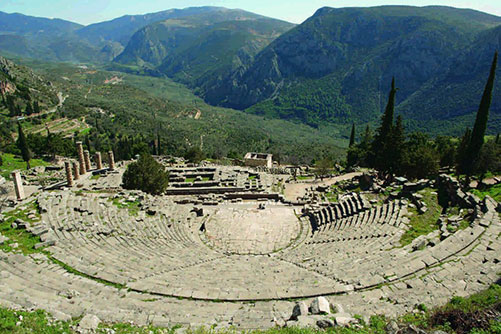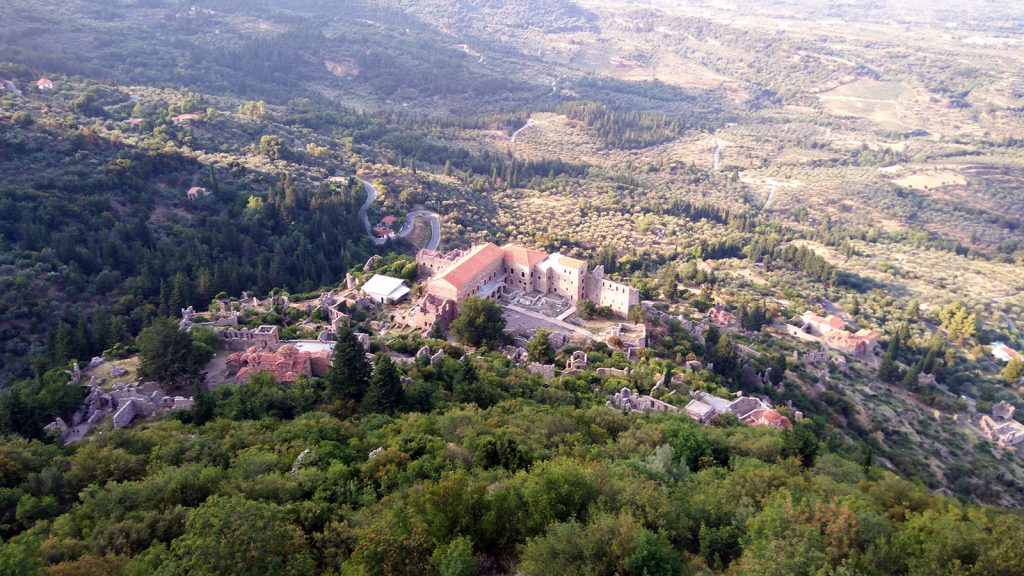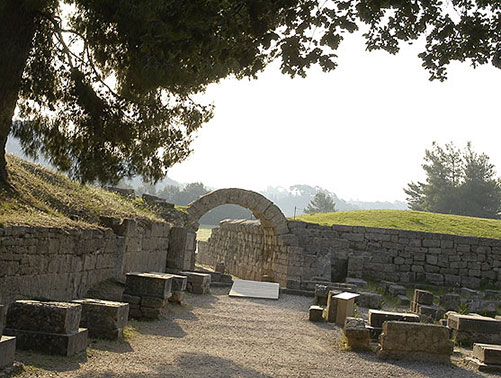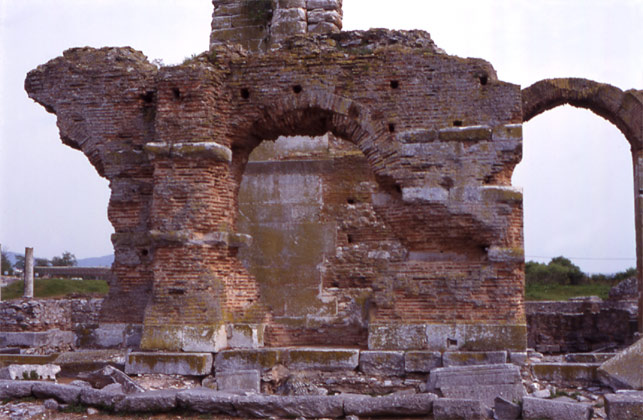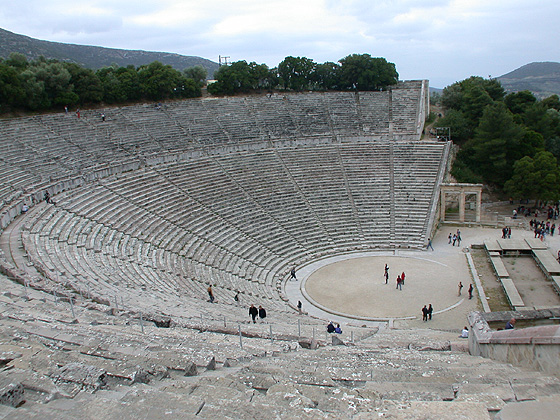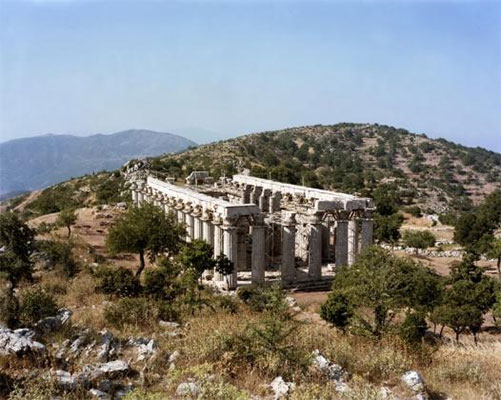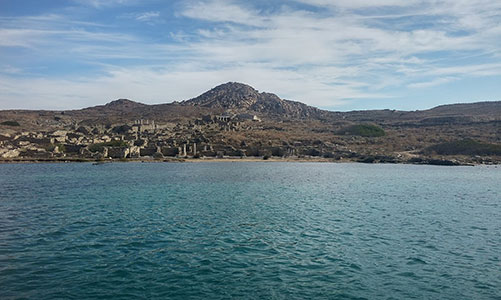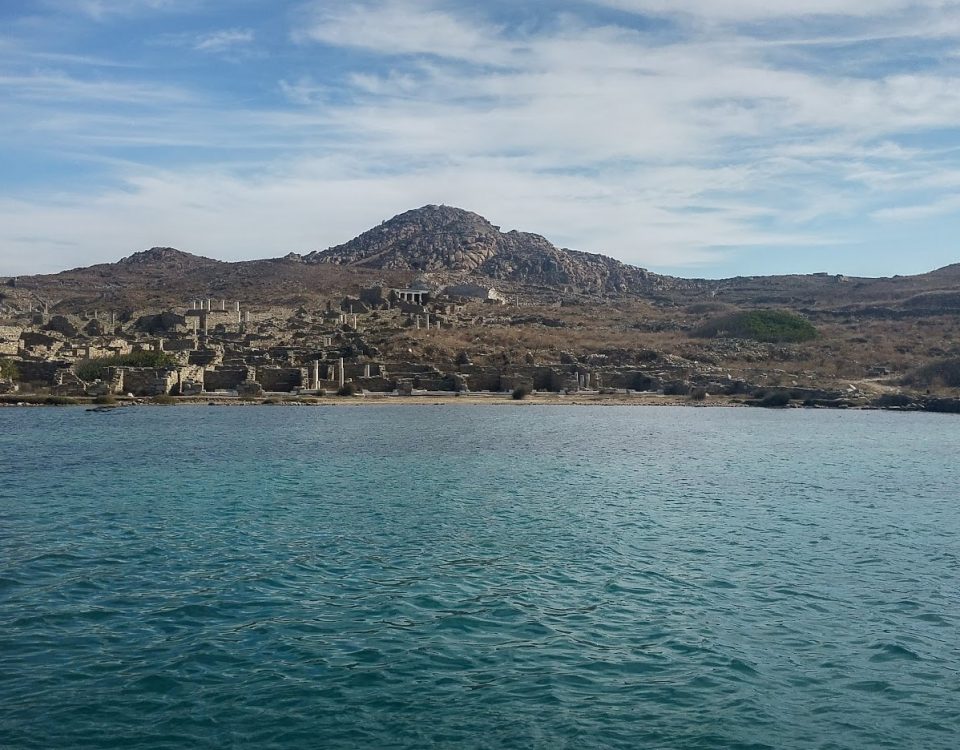Delos is perhaps the only island in the Mediterranean which, despite its very small size (3.4 km2), was very important in antiquity. It was a leading religious center and, after the end of the Persian Wars, it functioned as the seat of the treasury of the so-called Delian or Athenian league, while during the Hellenistic period – its heyday – it was the most important commercial center of the eastern Mediterranean; during this period it had over 30,000 permanent residents, a population that was too large for the small area of the island.
Undoubtedly, the reason for its prosperity must be sought, first of all, in its status as the birthplace of Apollo, which was assigned to the island from a very early period; Apollo was one of the most important ancient Greek gods and was especially associated with the Ionians. According to the Homeric Hymn of the 7th or 6th century BC, after the end of the war of the Titans that resulted in the supremacy of Zeus over Cronus, Zeus decided to limit the forces of Cronus’ darkness that still prevailed in the world and introduce the birth of light. So he met Leto, who, although persecuted by Hera, wandered in the Aegean trying to find a place to accept her to give birth. Only Delos accepted her and thus the island became the place where the bright god Apollo appeared (δῆλος = apparent).
It is interesting to note that the description of the places where, according to the Hymn, Leto wandered, are in fact a mapping of the areas where the Ionians gradually spread during the early Greek colonization (11th – 8th century BC). It seems that after the completion of the movement of the Ionians from eastern mainland Greece, to the Cyclades, to the islands of the eastern Aegean and to western Asia Minor (Ionia), Delos, located halfway between their passage, became a pan-Ionian religious center, at the latest during the 8th century BC.


